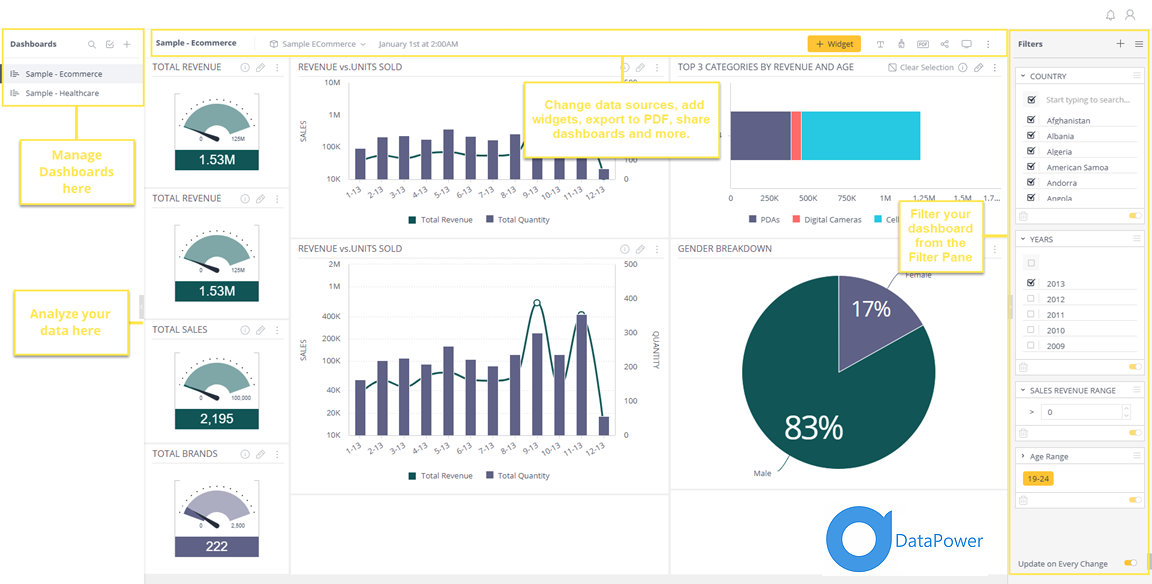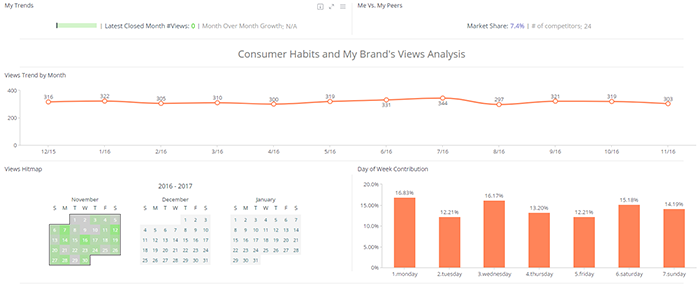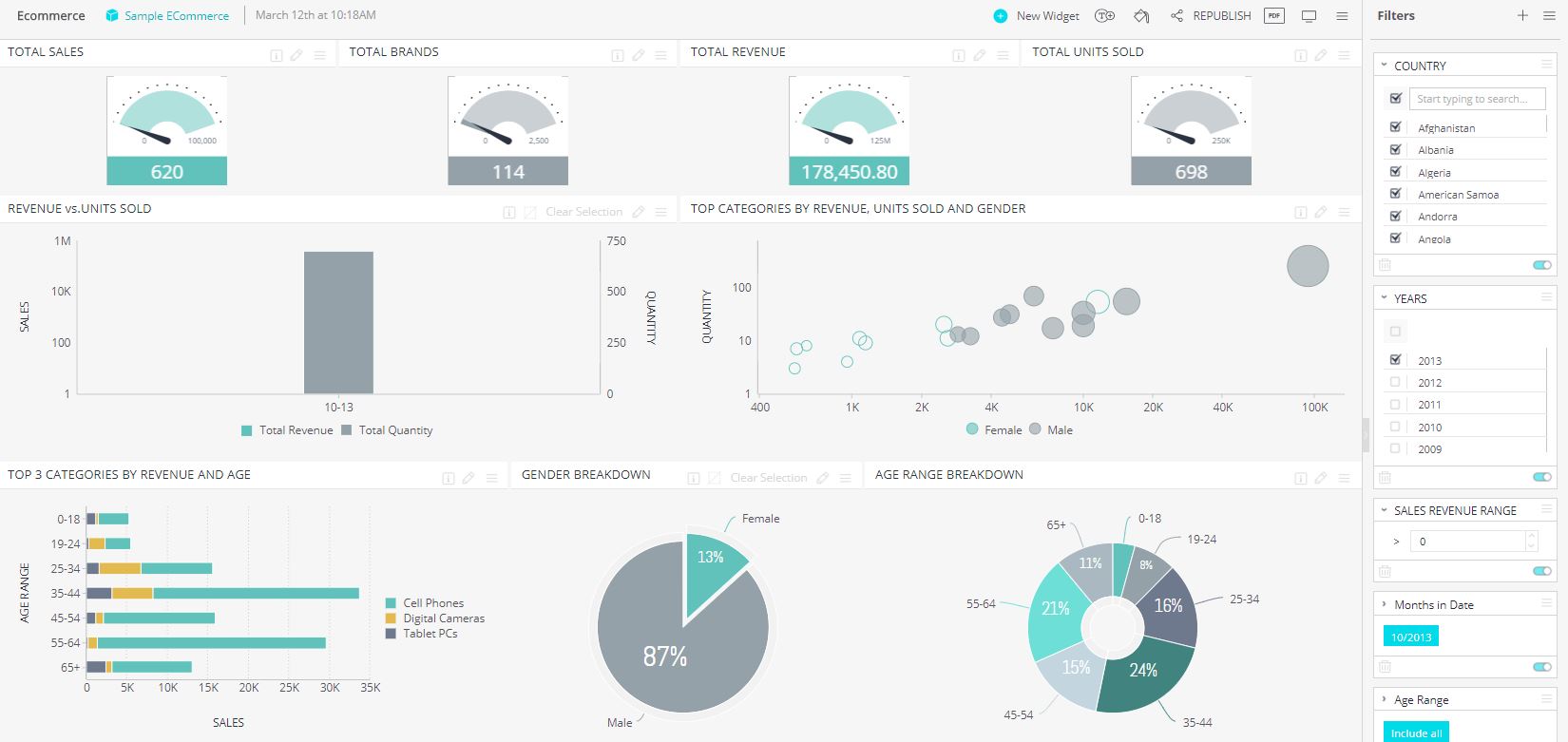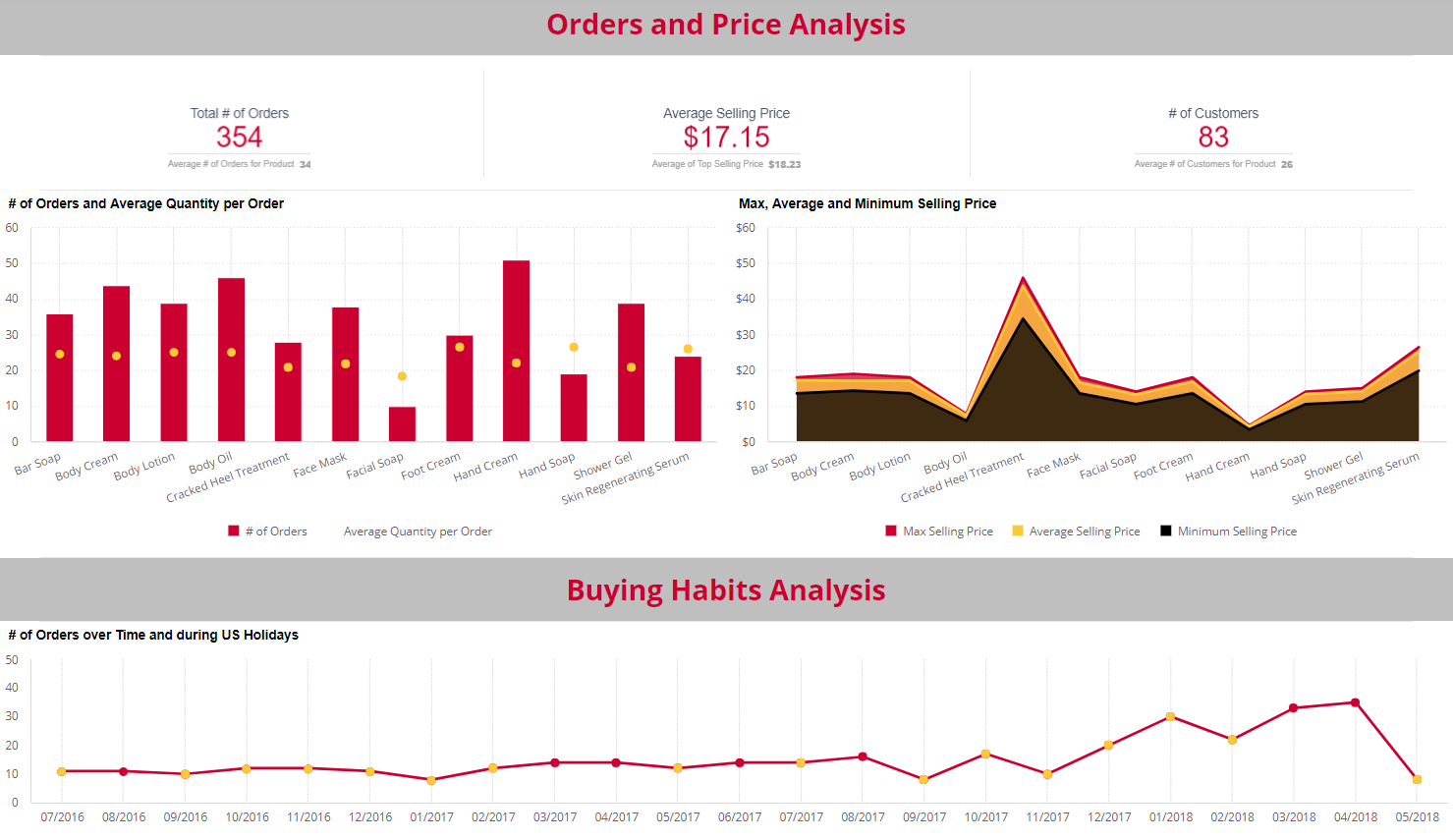DataPower
solutions for business
Drop us a line
Give us a call
0989.212.326
139 Phùng Văn Cung, Ward 3
Phú Nhuận, HCM
The Retail analytics industry is constantly evolving, meaning there is a consistent swathe of data that’s being collected every single day – from emerging trends and sales, to changes in the global market and everything in between.
Gathering, measuring, and reporting on this data is a huge task for retailers, but it’s a necessary one. By implementing a solid Business Intelligence (BI) system, companies can effectively store and analyze this data to make sure they’re evolving just as quickly as the retail industry. The goal with any BI tool is to provide increased visibility into day-to-day operations. This might happen through traditional trends and sales analytics or it might be more in-depth and provide a predictive outlook. When used in the right way, a BI tool can help retail brands increase their sales per visit by better understanding their customers’ needs, optimize prices to align with current trends, increase margins by analyzing and determining upcoming trends, and providing a better shopping experience for customers.

Let’s take a look at how this might play out in each segment of the retail world.
Customer expectations are higher than ever now that there’s more competition in the retail world, and brands have to ensure that customers are retained and kept happy at every stage of the shopping processs.

The most successful retail businesses are not only measuring their current data, but they’re also looking into the future. With a retail predictive analytics tool, companies can combine current data with other relevant stats to seek out new sales opportunities, identify upcoming trends, and create models for the items customers are most likely to buy.

Having access to relevant big data means brands can update their prices in real-time to coincide with current supply, demand, and upcoming trends.

Whether you want to succeed in the eCommerce field, like Fiverr, whether you want to measure what is selling well and where in numerous different locations, or whether you want to create a streamlined data-mining process across your entire company, a BI solution can help you do just that.